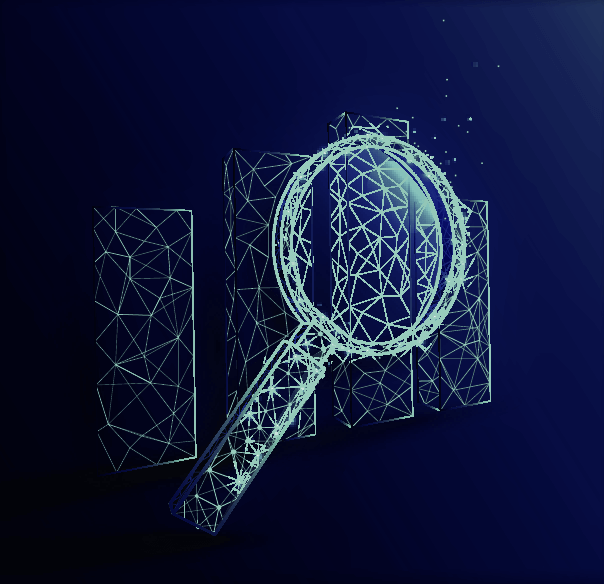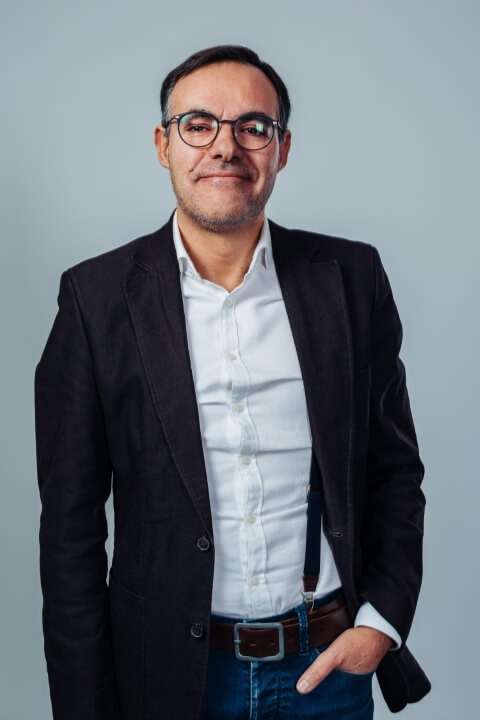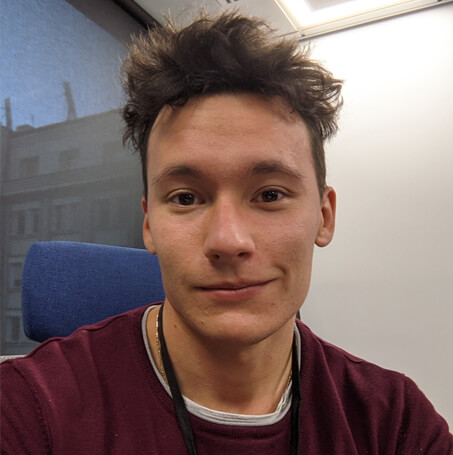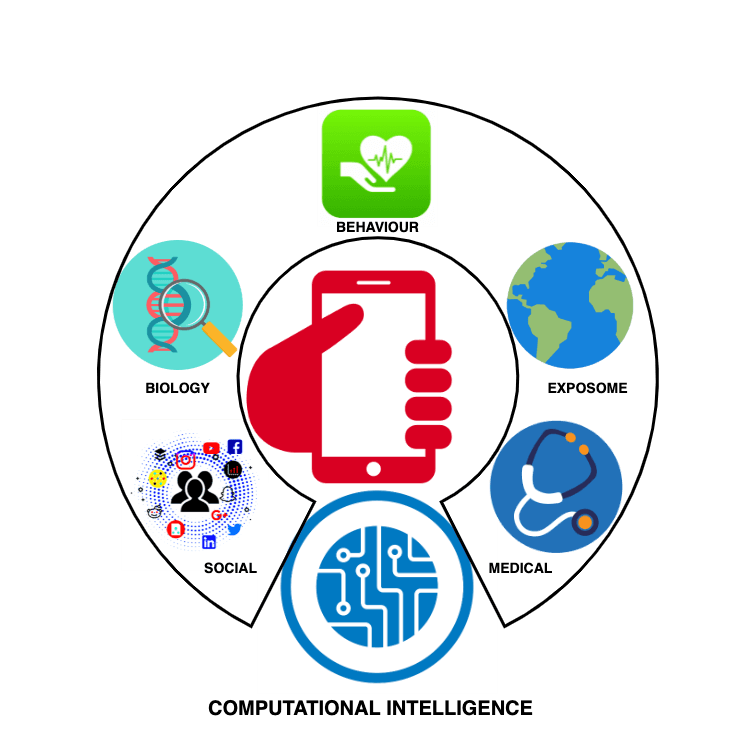…concentrates on research aimed at shifting healthcare philosophy from reactive to proactive, as an integral part of the Healthcare 2050 vision. Most people are now constantly “online”, consuming and generating ever growing amounts of data, and this trend is expected to continue. Undoubtedly, strong potential exists for creating a positive change in how people manage and influence their health through these data. The long-term goal of this effort is to create a personal health tracker that collects personal health information and provides prediction of our future wellbeing. Examples of such information include longitudinal medical data, genetics, behavioural information, stress levels, dietary habits, environmental and socio-economic factors and other. Apart from computing existing risks, such a tracker could also predict them if the input changes, thus empowering individuals to positively affect their own health, prevent disease and, in consequence, live longer and in better health.
Collaboration with healthcare insurers will bring access to historical data about interaction of a vast number of patients with the healthcare system, census, death records, environmental data – which will be used for analytics and to create predictive machine learning models of personal health. Sano will also work with medical institutions to obtain detailed medical data, including EHR imaging and genetics, of carefully selected cohorts around Poland. By strategically combining limited, but representative samples of population, our researchers will develop detailed machine learning models at the national level. This could then be recreated for a different country, or even on a larger scale (like, e.g. the EU).













